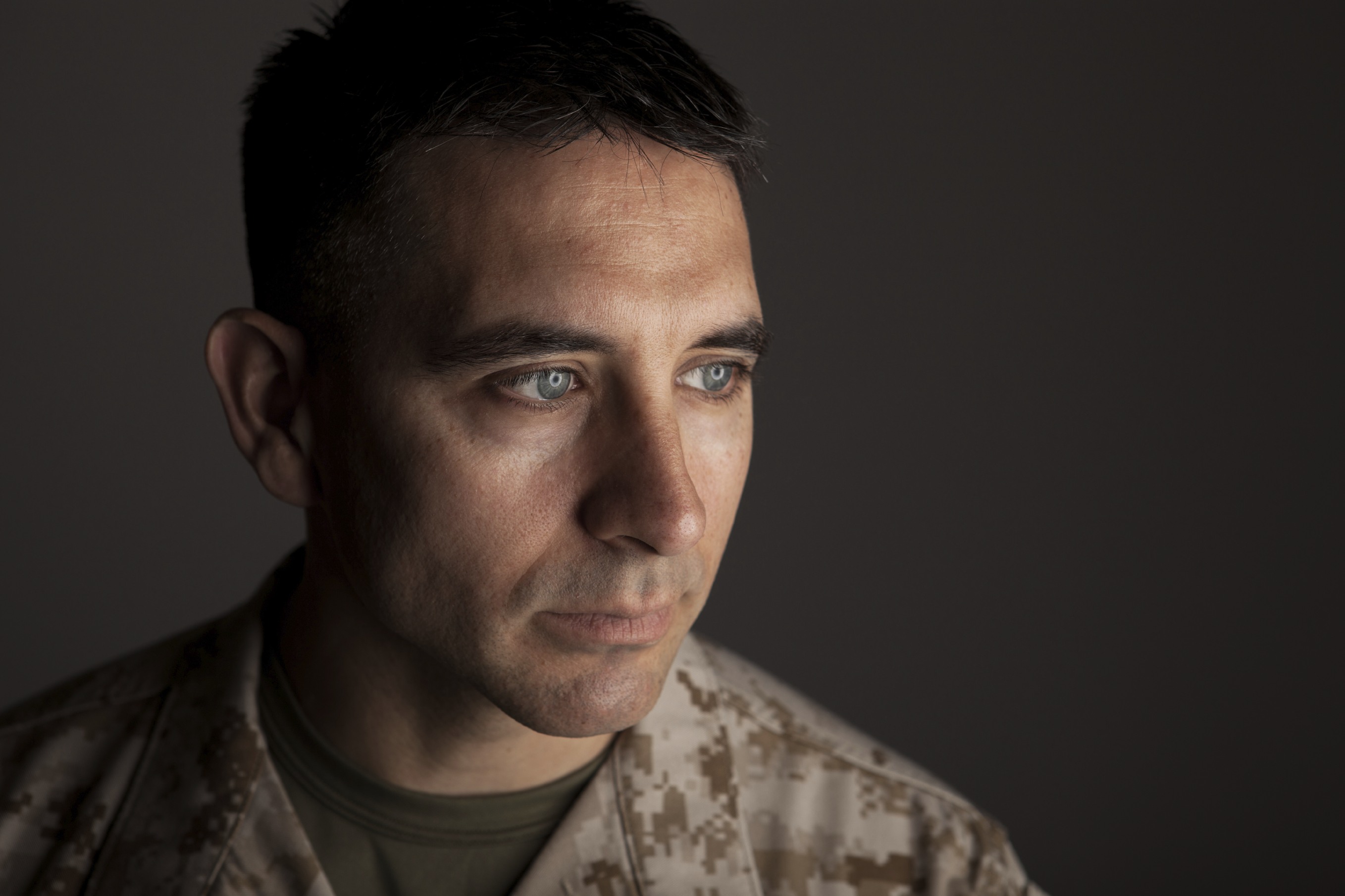Victims of military sexual assault experience unique circumstances and require specific treatment compared to civilian sexual trauma victims, according to a new University of Southern California study.
Researchers with the Center for Innovation and Research on Veterans & Military Families at the USC Suzanne Dworak-Peck School of Social Work examined the physical and psychological health, along with risk-taking behaviors, of men and women who had experienced sexual assault in the military.
CIR researchers surveyed more than 2,500 veterans in Southern California and found 4.8 percent of men and 40.6 percent of women reported experiencing military sexual assault. Both male and female veterans that experienced such assault were found to have engaged in more self-reported risk-taking behaviors than those who have not.
For male veterans, the riskiest behaviors involved tobacco use (56.8 percent), taking unnecessary life risks (40.3 percent) and health risks (21.6 percent). There had been little to no previous research on the connection between military sexual assault and tobacco use for male veterans.
The riskiest behaviors for female veterans were tobacco use (39.1 percent), taking unnecessary health risks (21.6 percent) and life risks (20.5 percent).
Sara Kintzle, CIR research assistant professor, said the study highlighted that the traumatic experience of sexual assault can create multiple challenges.
“Beyond the possible impact on mental and physical health, this work demonstrated the impact surviving sexual assault can have on your likelihood to engage in risky behaviors, particularly in men,” Kintzle said. “Recognizing and addressing these behaviors as possible threats to well-being should be part of how we deliver specialized treatment to women and men who have experienced sexual assault.”
Published in the October issue of Traumatology, the findings are based on surveys CIR conducted as part of their comprehensive veterans studies in Los Angeles and Orange counties. The sample was unique as it was not based on VA patients for data collection, but rather relied on a network of relationships with community-based agencies to reach veterans, an approach different from previous research on the topic.
Male veterans who had experienced military sexual assault were four times more likely to report physical and psychological health issues, compared to male veterans who hadn’t. They were also two to three times more likely to become involved in risk-taking behaviors, like drunk driving.
For female veterans, military sexual assault was also significantly related to physical health issues, symptoms of depression, and post-traumatic stress disorder. Female veteran victims were also about two to four times more likely to engage in risk-taking behaviors than female veterans who hadn’t experienced it.
The article also detailed the specific ways military culture affects how service members experience sexual assault and how it has the potential to affect them long-term, compared to civilians. Within the military community, the authors wrote, sexual assault represents an especially difficult experience as the victim must often live and work near the perpetrator, sometimes unlike the experience of the civilian victim. Survivors of military sexual assault may suffer from long-term consequences that can increase the victim’s likelihood to engage in risky behaviors, making them more susceptible than those who have not experienced this type of assault.
Ashley Schuyler, CIR project specialist and lead author, noted the importance of the findings on future treatment for this trauma. “Our study provides important insight into some of the physical, psychological and behavioral impacts of military sexual assault among male and female veterans. We believe our findings can help guide those caring for veterans in how to better identify and address military sexual assault and its long-term effects in both men and women.”
###








